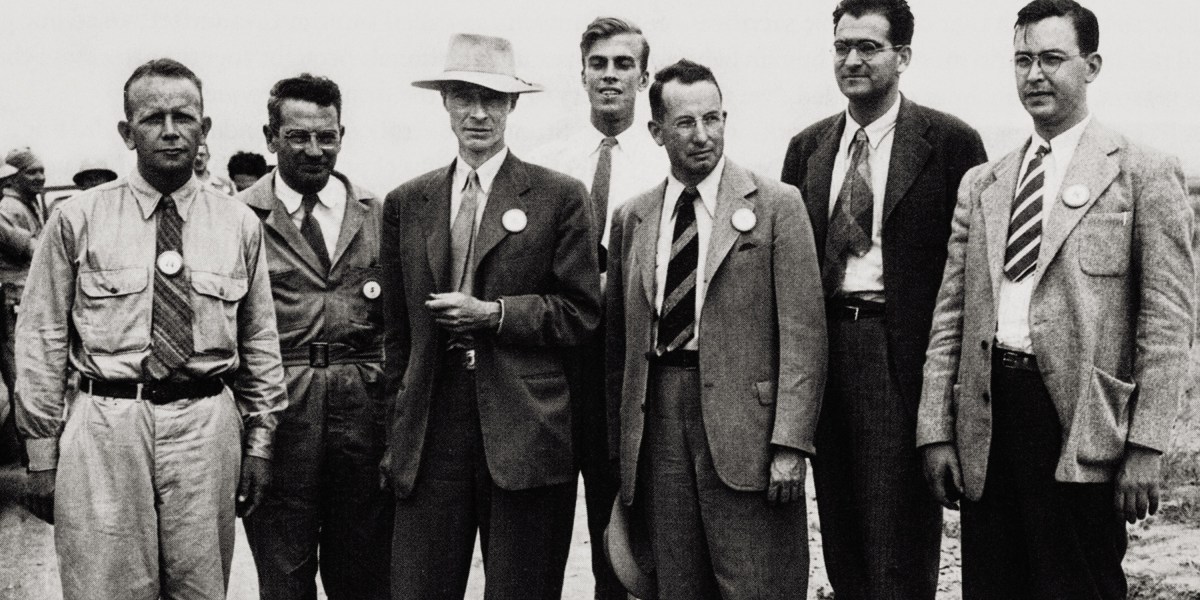How bacteria-fighting viruses could go mainstream

When Cole first received phage therapy, she had been dealing with a blood infection for nearly a month. Her doctors tried a variety of antibiotics with no effect. But 24 hours after they administered phage therapy, Cole’s infection was gone. She seemed cured.
About a month later, however, the infection returned. So the researchers found another phage that would work against the Enterococcus bacteria causing Cole’s infection, and began administering both phages. That seemed to do the trick.
For four months, Cole was infection-free. She left the hospital and went on vacation with her family. But then the infection returned. Cole was out of options. She entered hospice, and seven months later she died of pneumonia.
Van Tyne and her colleagues have spent the past couple of years trying to explain why their phages failed. They don’t yet have an answer, but they do have a hypothesis. A couple of weeks after Cole began receiving the second phage, she developed antibodies against both phages. “Possibly that played a role in limiting how well they were able to find their bacterial targets and kill them,” says Madison Stellfox, a physician and postdoc in Van Tyne’s lab. She posits that perhaps the antibodies coated the phages so they couldn’t enter the bacteria. Or maybe they helped the body clear the phages faster, so they didn’t have time to work.
Cole isn’t the only patient Van Tyne and her colleagues at the University of Pittsburgh have treated. Since Van Tyne started her own lab in 2018, she has developed a library that contains about 200 phages, most isolated from Pittsburgh’s wastewater. Those phages target six or seven species of bacteria. They use that library to develop personalized therapies for patients with life-threatening infections. “We’re trying to match clinical isolates from infected patients with phages that are active on them,” Van Tyne says.
The team has treated nearly 20 patients. Some have cleared their infections. Some, like Cole, have experienced temporary improvements. Some have had no response at all. But reassuringly, no one has been harmed by the therapy itself.
All these patients were treated under the FDA’s “compassionate use” program, which provides access to investigational therapies for people with life-threatening illnesses. Case studies can provide valuable insights, but they’re not a pathway to regulatory approval. To move phages into mainstream medicine, we need clinical trials.
Alexander Sulakvelidze, president and chief executive officer at the phage company Intralytix, has been working to develop phage products since the 1990s. In the Republic of Georgia, where he was born, phage therapy is routinely used to treat infections.





